Return to News Center
Scratch - Resistant Projector Lenses
 Reviewed:0
Release time:2025-10-16
source:About Us
Reviewed:0
Release time:2025-10-16
source:About Us
Guide:
Scratch - resistant projector lenses are essential for maintaining the long - term performance and image quality of projectors. A scratched lens can lead to reduced clarity, distortion, and unwanted artifacts in the projected image, significantly degrading the viewing experience. To combat this issu

Scratch - resistant projector lenses are essential for maintaining the long - term performance and image quality of projectors. A scratched lens can lead to reduced clarity, distortion, and unwanted artifacts in the projected image, significantly degrading the viewing experience. To combat this issue, manufacturers employ various advanced technologies and materials to enhance the scratch - resistance of projector lenses.
One common approach is the application of hard - coating materials. These coatings are typically made from substances such as silicon dioxide (SiO₂), titanium dioxide (TiO₂), or diamond - like carbon (DLC). Silicon dioxide - based coatings offer good hardness and transparency, providing a protective layer that can withstand minor abrasions. Titanium dioxide coatings not only enhance scratch - resistance but also have properties that can improve the lens's anti - reflective capabilities. Diamond - like carbon coatings, as the name suggests, mimic the hardness of diamond to a certain extent, offering excellent protection against scratches, scuffs, and even some minor impacts. These coatings are usually applied through processes like physical vapor deposition (PVD) or chemical vapor deposition (CVD), which ensure a uniform and thin layer is bonded to the lens surface, minimizing any negative impact on the optical performance.
In addition to hard coatings, some projector lenses incorporate self - healing technologies. These innovative materials can repair minor scratches or surface damage over time. For example, certain polymers used in lens coatings have the ability to flow and fill in small scratches when exposed to heat or specific wavelengths of light. This self - healing property extends the lifespan of the lens and reduces the need for frequent replacements due to surface damage.
Another aspect of scratch - resistance involves the design and manufacturing of the lens itself. Using high - quality optical glass or advanced optical polymers with inherent strength and durability is crucial. Optical glass with high - density and low - dispersion properties not only provides excellent optical performance but also has better resistance to scratching compared to lower - quality glass. Advanced optical polymers, on the other hand, can be engineered to have enhanced mechanical properties, such as increased hardness and toughness. By combining these high - quality materials with precise manufacturing processes, such as precision grinding and polishing, projector lenses can be produced with surfaces that are more resistant to scratching during normal handling, installation, and operation.
Read recommendations:
HN30A Portable - HN Series Projector
250 Projector for Kids Education - Low Noise & Eye Protection
Projectors with Low-Blue-Light Eye-Protection Technology
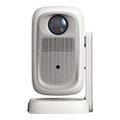




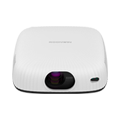
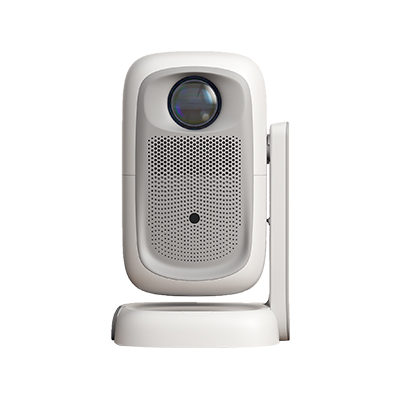
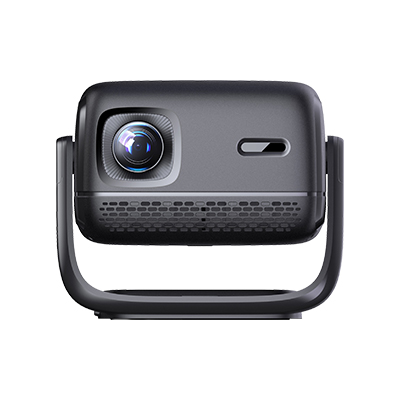
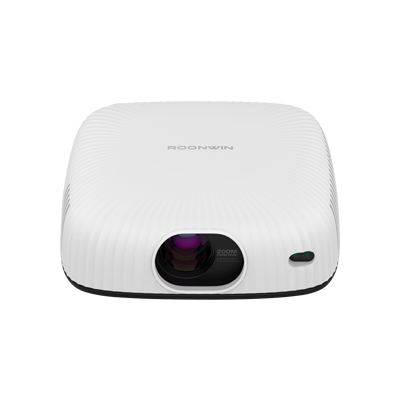









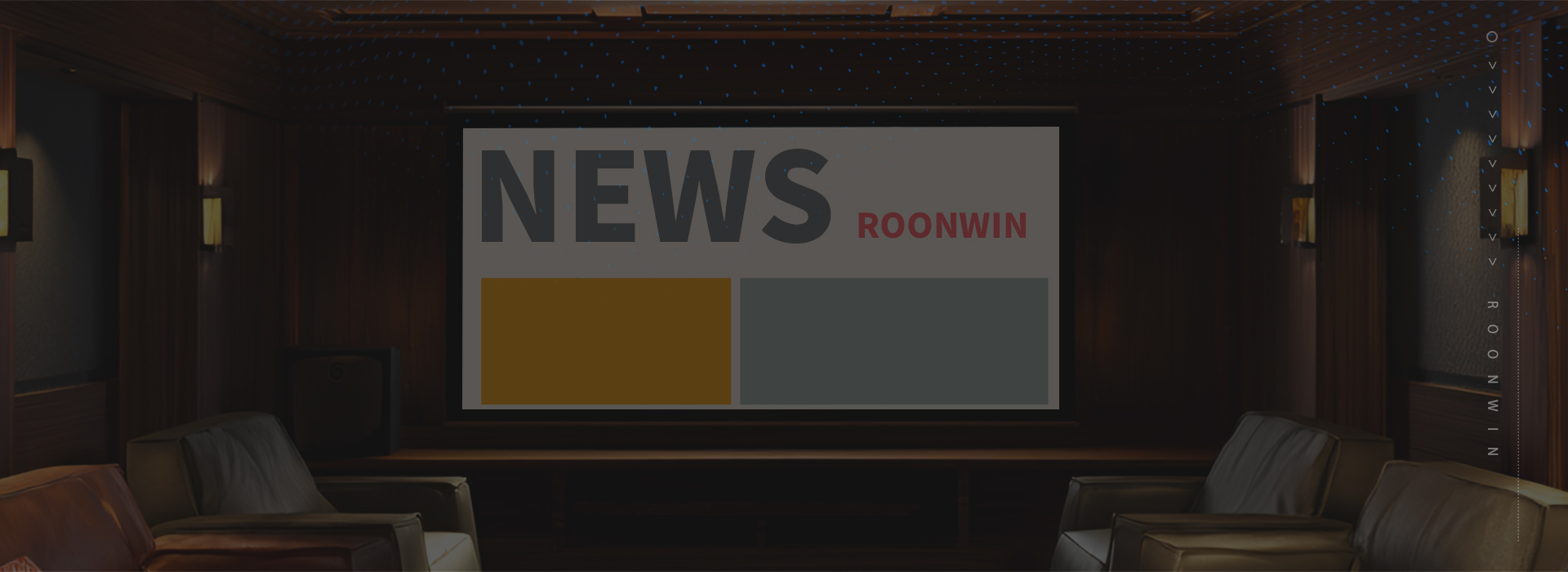
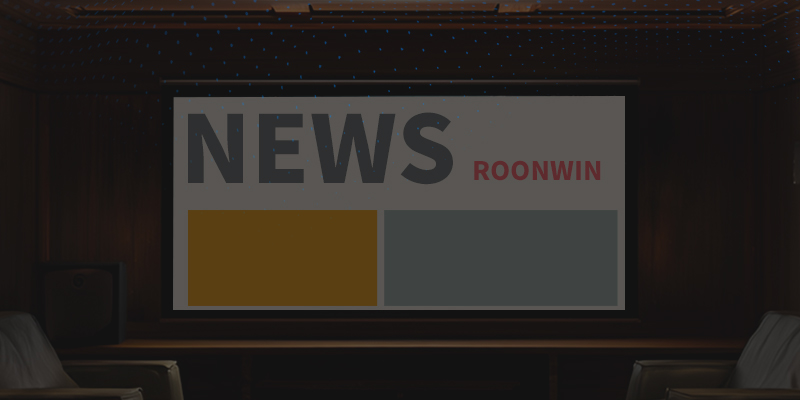
 Reviewed:
Reviewed:











